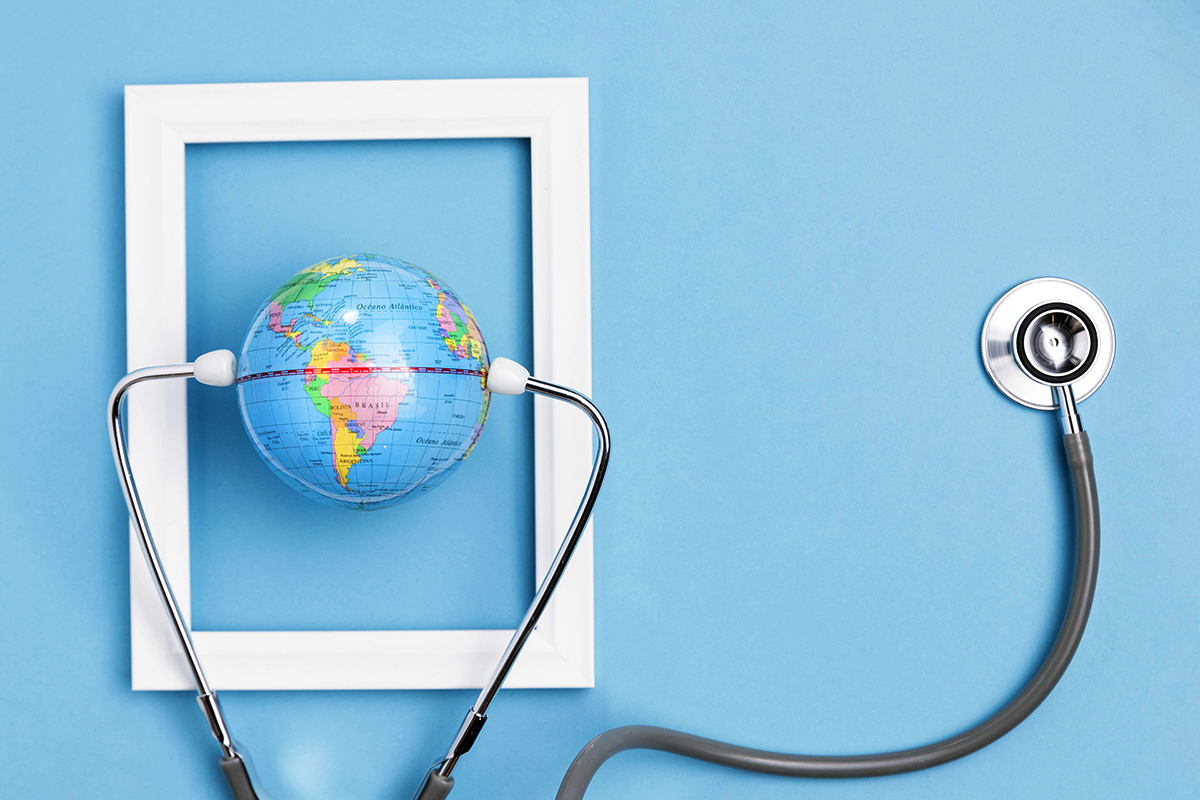In a significant move to strengthen India’s position as a global hub for medical tourism, the government has unveiled plans to roll out a dedicated digital portal for Medical Value Travel (MVT). The initiative was announced by Prataprao Jadhav, Minister of State (Independent Charge) for the Ministry of Ayush and Minister of State for Health and Family Welfare, during FICCI’s Medical Value Travel Conference.
Jadhav explained that the upcoming portal will serve as an integrated digital ecosystem, bringing together hospitals, travel facilitators, tour operators, hotels, language interpreters, and other support services. The goal is to streamline the patient journey, making medical travel to India more efficient and patient-friendly.
The strategy also involves expanding healthcare access beyond major metropolitan areas, targeting tier-2 and tier-3 cities. This decentralization will be achieved through public-private partnerships focused on comprehensive service offerings—ranging from treatment planning and travel logistics to post-operative care.
Dr. Vinod K Paul, member of NITI Aayog, underscored the importance of reducing bureaucratic hurdles in healthcare infrastructure development. He called on the industry to provide actionable input on easing regulatory constraints, particularly in smaller towns and emerging urban centers. “We are examining how to systematically reduce the compliance burden for setting up facilities, including in Tier 3 cities,” Dr. Paul noted.
Visa facilitation, according to Dr. Paul, is a pivotal element of the MVT framework. He also raised key issues around telemedicine, particularly concerning legal liabilities across borders. “If I advise a patient in Nepal, Ethiopia, or Finland—what are the legal implications? India should lead global discussions on this front, as we are a powerhouse in telemedicine,” he said.
He advocated for increased government-to-government cooperation to bolster trust and credibility in India’s medical offerings and stressed the importance of globally recognized accreditation systems to ensure quality care for international patients.
Currently, India’s MVT sector is valued at $7.69 billion (as of 2024) and is expected to grow to $14.31 billion by 2029. The country commands an 18% share of the global medical travel market and holds the 10th spot on the Medical Value Travel Index.
Vaidya Rajesh Kotecha, Secretary, Ministry of Ayush, called for greater inclusion of India’s traditional healing systems—such as Ayurveda, Yoga, and Siddha—within the medical value travel ecosystem. He proposed the creation of dedicated clinical circuits akin to tourism circuits, aimed at structured medical itineraries.
According to a recent study by the Research and Information System for Developing Countries (RIS), India’s AYUSH sector, including its MVT component, is currently worth approximately $30 billion, with the entire sector (including products and services) valued at around $55 billion.
Despite ranking 7th globally in medical value travel, India stands at 20th in wellness tourism. “The global growth rate of medical travel is 10.8%, yet India is lagging. We must strategize to harness this growing opportunity,” Kotecha emphasized.
Mugdha Sinha, Director General at the Ministry of Tourism, highlighted that medical tourists constitute roughly 6% of total foreign tourist arrivals. In 2024, 644,000 individuals visited India on e-medical and e-AYUSH visas from 20 different nations. “Patients from wealthier countries come for immediate access to top specialists, while those from developing regions are drawn by affordability,” she explained.
Sinha pointed to the need for a smoother visa application process, especially via the AYUSH portal. Though 174 countries are eligible for purpose-based e-visas, she said, the system needs a comprehensive overhaul to ensure speed, transparency, and user-friendliness.
She also advocated for an encrypted, multilingual digital platform that leverages India’s IT capabilities while safeguarding sensitive patient data against cyber threats and misuse.
Dr. Upasana Arora, Chair of FICCI’s Medical Value Travel Committee and Managing Director of Yashoda Super Speciality Hospitals, noted India’s integrated approach to health and healing. “India offers more than modern medicine—we provide traditional therapies like Ayurveda and Unani, offering a truly holistic healthcare experience,” she said.
Dr. Raajiv Singhal, Co-Chair of the FICCI MVT Committee and CEO of Marengo Asia Hospitals, emphasized that India’s medical travel model is shifting from patient acquisition to global collaboration. “Our focus is now on building clinical corridors that allow us to educate, train, and treat international patients, creating lasting partnerships,” he concluded.
